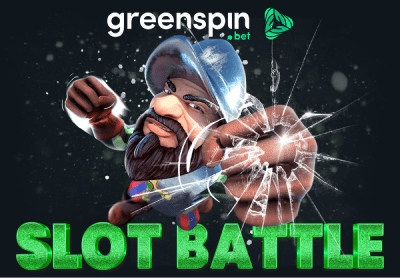Payment providers in Sweden must provide information about the payments they process to authorities in order to help facilitate payment blocking for unlicensed operators, according to a law introduced by the government this week.
According to law, authorities may block payments to operators that are found to be targeting the Swedish market without a licence.
However, in practice, payment blocking has not been used as a tool in the fight against unlicensed gambling, as this involves a long process settled through the courts.
The new law, though, will require payment providers to “provide information that is used in the transmission of bets or winnings or from a gambling operation without the necessary licence” when it is needed to facilitate payment blocking.
The law also says that regulator Spelinspektionen may also conduct “test purchases” of gambling products, allowing it to ensure that operators are following Swedish laws, and ensure that they are not targeting Sweden without a licence.
Match-fixing in Sweden
In addition, the law includes more power for authorities to fight match fixing. The Swedish National Sports Confederation and affiliated sporting bodies may now process personal data collected by gambling licensees, in order to deal with potential match-fixing offences.
Gambling operators are also required under the law to hand over information that is needed for an investigation into crimes in connection with gambling if asked to do so.
The law has been in the works for more than a year, as Sweden has continued to try to tackle unlicensed gambling.
Offshore crackdown
An original proposal for the bill included an amendment to the scope of the country’s Gambling Act, which would make it apply to all gambling available in Sweden, rather than all gambling targeting Sweden. This change would have allowed authorities to crack down on any operators without a licence that did not block Swedish customers.
However, the government decided in June not to go ahead with this part of the law, after courts and the Public Prosecutor’s Office raised questions about the degree to which it could be enforced.
B2B permits
As part of its efforts to tackle illegal gambling, Sweden is also set to require B2B online gambling suppliers to obtain permits to do business with licensed operators. This, the government hopes, will reduce illegal gambling in the country, as suppliers that offer their services to operators targeting the Swedish market could have their permits revoked.
Gustaf Hoffstedt, secretary-general of Swedish trade association Branscheförenigen för Onlinespel (BOS), said the industry supports the B2B permit system, but feels Spelinspektionen’s expectations of how useful they will be in tackling illegal gambling may be too high.
Original Article















